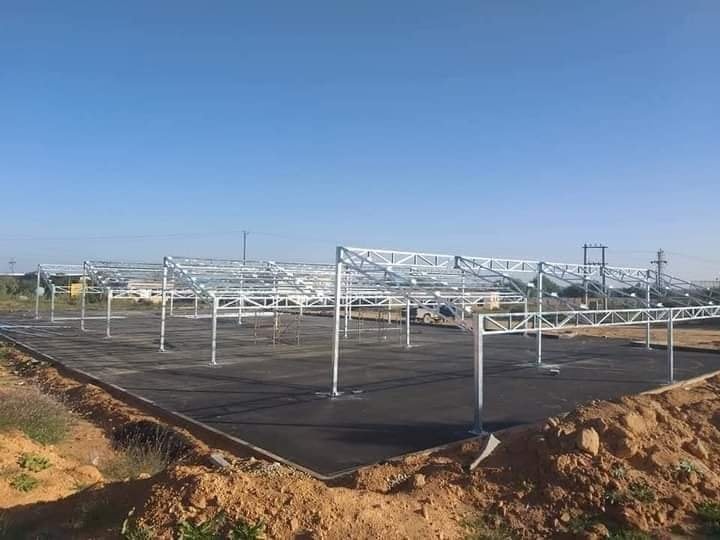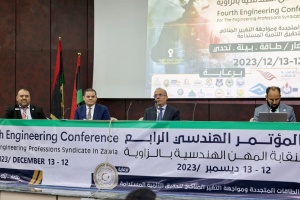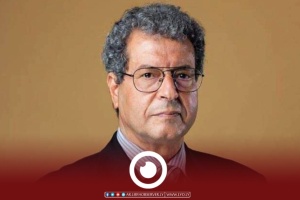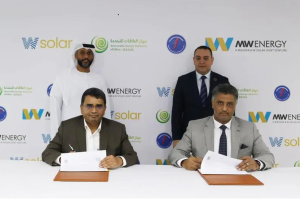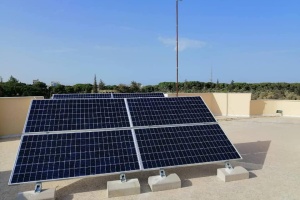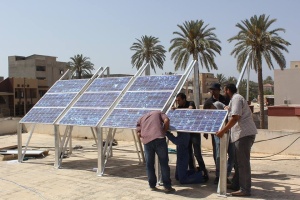Homes, businesses, as well as government utilities are accelerating their shift away from fossil fuel energy, with the continuing power cuts problem that persisted over the past years, despite repeated promises from consecutive governments.
But this crisis could be a major driver for the renewable energy market in the solar -rich country of Libya.
The Solar Energy Research Center (CSERS) in Tajoura Municipality east of Tripoli have agreed to a deal with Alhandasya Electromechanical Engineering Company specialized in renewable energy to develop a parking lot designed to produce electricity via solar energy.
The CEO of the project executing company engineer Al-Mabrouk Saleh said in statements to The Libya Observer that the project is the first of its kind in Libya and one of the pioneering projects in the African continent.
The car parking space will serve employees and visitors of the (CSERS), but besides, it will generate around 62KW of electricity, exclusively by solar energy, which is sufficient to provide about 30 homes with its electricity needs.
"The system could also be linked to the public grid to power the center during working hours," the Alhandasya CEO said.
Engineer Al-Mabrouk indicated that despite the challenging situation in the Libyan labour market, the company cooperated with local firms to carry out its work, desiring to encourage national industry and provide work opportunities for Libyan youth.
He explained that the company received the project last May while work is on full swing to deliver it in mid-January 2021.
Al-Mabrouk believes that Libya, with its rich solar capacity, can become a pioneer in this field and turn from a top oil-exporting country to a leading provider of solar energy.
It is worth noting that the Engineering Electromechanical Services Co, founded in 2009, is one of the leading companies in the energy field, with the view to indigenize technology and solar energy in Libya.
The company participated in the Global Entrepreneurship Summit, which was organized in Hyderabad India 2017 GES.

